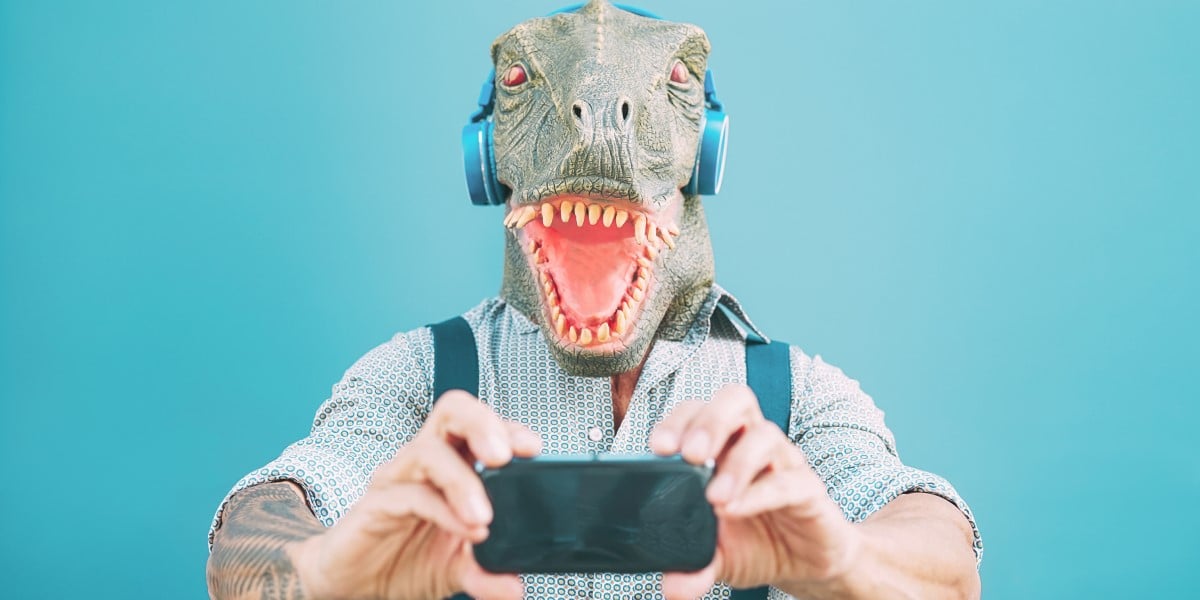This is the best summary I could come up with:
Just last Monday the Southeast Asian nation of Vietnam began requiring face scans on phone banking apps as proof of identity for all digital transactions of around $400 and above.
Late last month, US cyber security firm Resecurity flagged similar concerns when it found a spike in leaked identity documents containing selfies of Singaporeans on the dark web.
Resecurity asserted that some were captured by cyber crime groups that run fake telemarketing or customer support scams and gather selfies so they can sell them to other miscreants.
“Using selfies for identity verification has been growing steadily for around the last five years, but the inflection point was during the pandemic when people were forced to engage digitally,” VP analyst at Gartner, Akif Khan, told The Register.
In his experience, businesses that rely on simple still selfies are typically smaller outfits that have experienced fraud and have implemented a selfie-based stopgap as they scramble to put a proper solution in place.
Khan thinks concern about identity theft from still images and picture IDs found on the dark web is overblown, as most entities will require liveness checks for opening bank accounts and other tasks.
The original article contains 973 words, the summary contains 193 words. Saved 80%. I’m a bot and I’m open source!
419 scambaiters have had this issue solved for decades.
Of course, generative AI might now be able to put a crimp in those classic proof techniques adopted by things like AMA.



